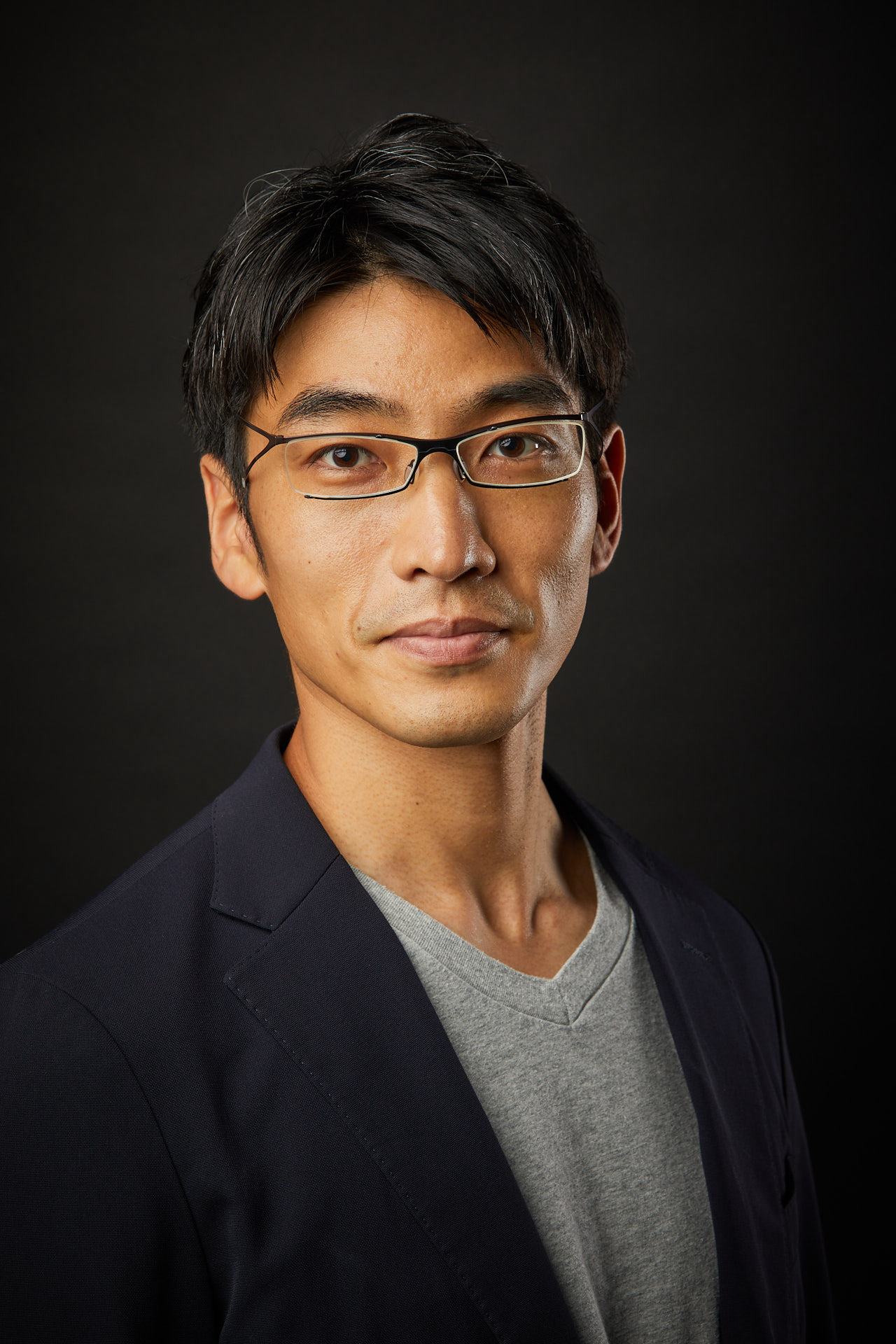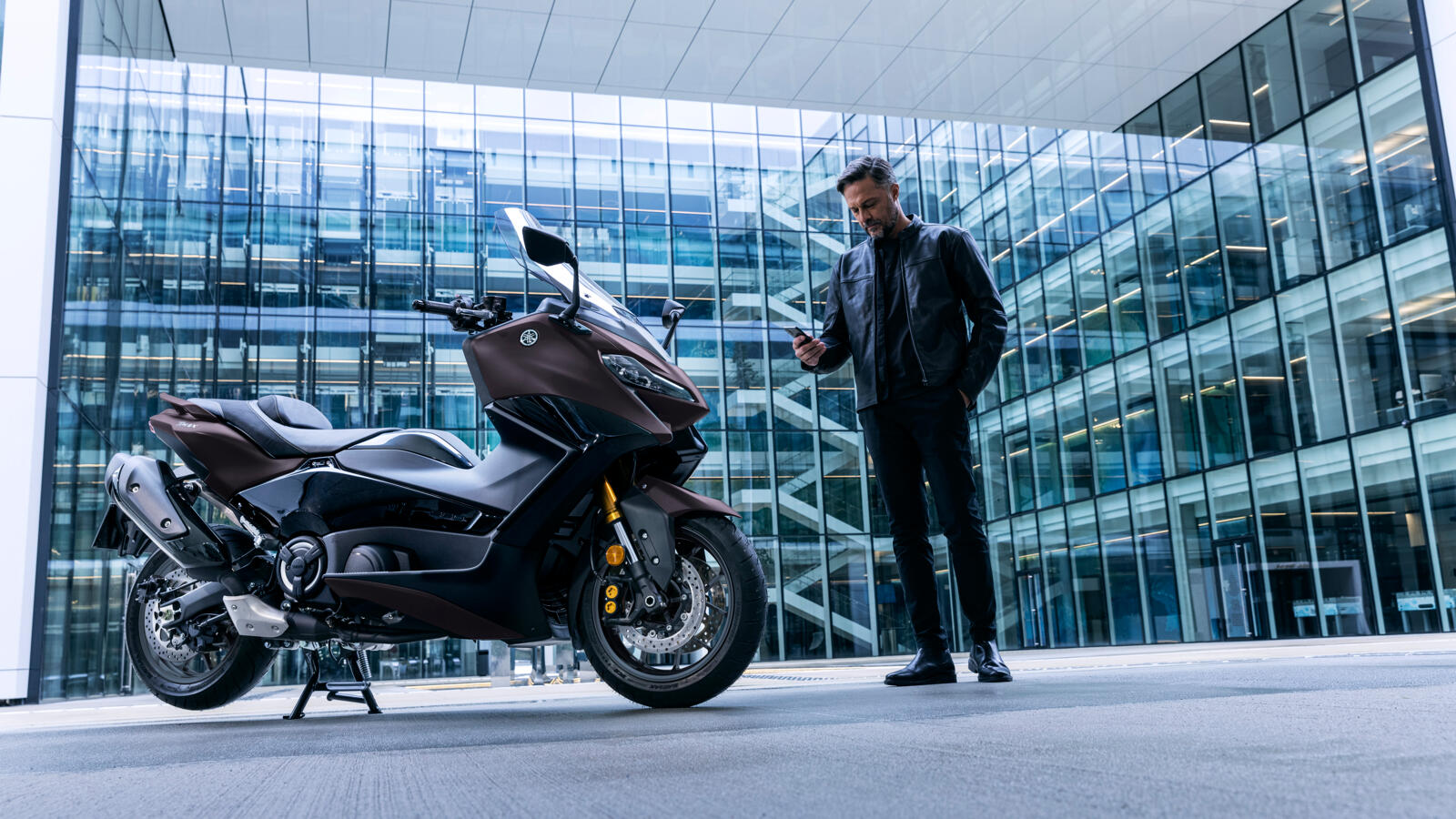Investment in the sector has halved in the two years since Yamaha Motor Ventures launched its Sustainability Fund. So, it's thinking more creatively about where it invests.

Investment in sustainability startups has fallen sharply in the past two years according to Kei Onishi, CEO of Yamaha Motor Ventures (YMV), which has had to widen its investment strategy as a result.
YMV, mobility technology manufacturer Yamaha Motor’s venture arm, announced the $100m Yamaha Motor Sustainability Fund in mid-2022 with plans to back companies developing technologies addressing environmental problems. But a falloff in startups working in direct decarbonisation meant that focus had to widen to products that could reduce the overall environmental footprint on Earth.
“Initially, we wanted to invest in startups that were working solely on decarbonisation,” Onishi says. “We launched the fund in July 2022, at the peak of sustainability investment, and we imagined we’d see more deals. But 2022 was actually the peak and in 2023 there was a 50% decrease in overall investment. If we are solely focusing on decarbonisation, it’s going to be very difficult to keep funding the startups.”

Another issue is that while $100m is a decent size for a corporate fund, it can only go so far in a sector that is going to inevitably rely on industrial-size hardware. YMV is investing at early stage but it doesn’t necessarily have the means to keep funding those companies at growth stage. And it’s far from alone.
“All the players in the sustainability sector are struggling, I feel,” says Onishi. “Capital is available but I think the biggest challenge we need to solve right now is how to keep funding companies at the point they need tons of capital – maybe B or C for commercialisation. There are loads of pre-seed, seed or series A companies but there is a huge disparity between A and series B or C.
“Customer adoption has not been as fast as we expected, nor is the pace of technology maturity. We need to find the customers, the early adopters, and also another way of financing the startups as an industry – not only as VCs, but through enterprises, governments, maybe debt. There must be many ways to keep supporting those innovative early-stage sustainability startups.”
The end result is that YMV is looking at a wider range of sustainability technologies beyond traditional decarbonisation.
“In the previous five years, people were talking about electrification,” Onishi says. “Batteries and material chemistry for those batteries, charging stations, you name it.
“Now, electrification is not the only solution we need to work on. We also need to work on ethically sourced materials, or the circular economy, and also clean, net-zero metals. The materials sector has become more important for tangible impact on reducing carbon emissions. If we can reduce the carbon inflow, it will have an impact on lots of industries.”
AI is already giving tangible benefits for manufacturers
Sustainability isn’t the only area YMV invests. It has $300m under management across three funds, the most recent of which, its second Exploratory Fund, was unveiled last year. Areas of interest include mobility, robotics, digital health and fintech, and the unit pursues an ongoing portfolio management approach for each sector. But, much like other investors, artificial intelligence is at the forefront for the team right now.

“At this moment we’re super excited about artificial intelligence for manufacturing technology,” Onishi says.
The problem with that, Onishi says, is investors are often finding it hard to get into deals due to high valuations. Nevertheless, he adds, there’s a reason for those valuations: AI tech is already delivering tangible benefits for corporate customers.
“One company we invested in is Atomic Industries,” he explains. “They can design a mould for plastic injection moulding, or a high-pressure aluminium die-casting mould automatically, in one day. It usually takes two weeks with an experienced engineer. Two weeks to one day.
“We are looking at other companies that can drastically reduce the lead time in the magnitude of 10x, 100x or 1,000x in the product design phase or the manufacturing phase. We’ve started seeing that kind of tangible value from the startups for the corporates in the last few months, so it’s become one of our most important focus areas.”

Going from exploration bets to investing for now
Onishi has been heading YMV since early 2022 having been at Yamaha Motor for a dozen years, moving up from engineering roles on to new business development positions and then to manage its digital strategy division.
The move coincided with the announcement of a new medium-term management plan for the corporate that included pushing into new businesses like agriculture, healthcare and robotics.
This meant a shift in the venture unit’s investment strategy as well, to making fewer bets on exploratory technology.
“We started looking at the companies that can bring immediate impact to existing business units,” Onishi says.
“We were looking at five or ten-year horizons in the past but we are currently looking at three to five years, in some cases shorter than that. We started making investments and introducing the business units to startups in adjacent areas to our core businesses.”
YMV is also thinking more carefully about portfolio management and is concentrating more on the kinds of companies that could fit into the long-term vision of its parent. It introduced 80 startups to business units last year, with 10 ultimately signing commercial agreements.
Onishi sees this as part of a wider vision of what corporate venture capital can offer startups.
“The biggest value a corporate can offer in a difficult time for startups is introducing customers, and being a customer,” he says. “We want to create some mechanism that accelerates that, to not only support our portfolio companies but the other startups working on problems Yamaha wants to solve.
“We especially see the challenges for the startups in our core businesses: mobility, robotics, fintech and the financial services business. Startups in those categories are all struggling, so we want to keep supporting the companies in those sectors in many ways.”









